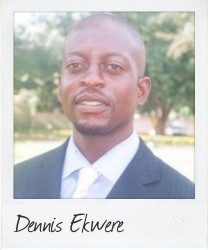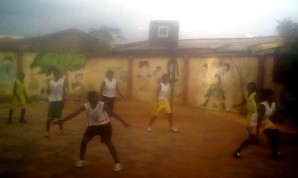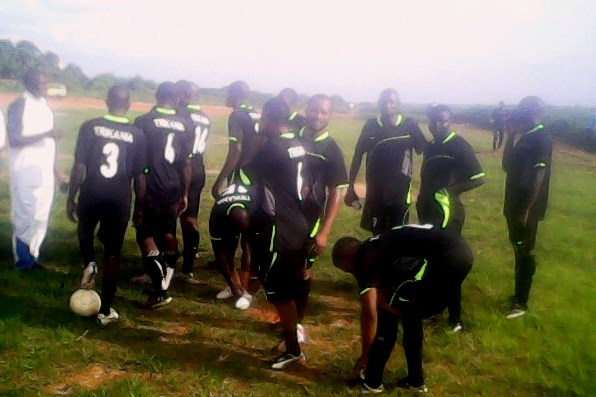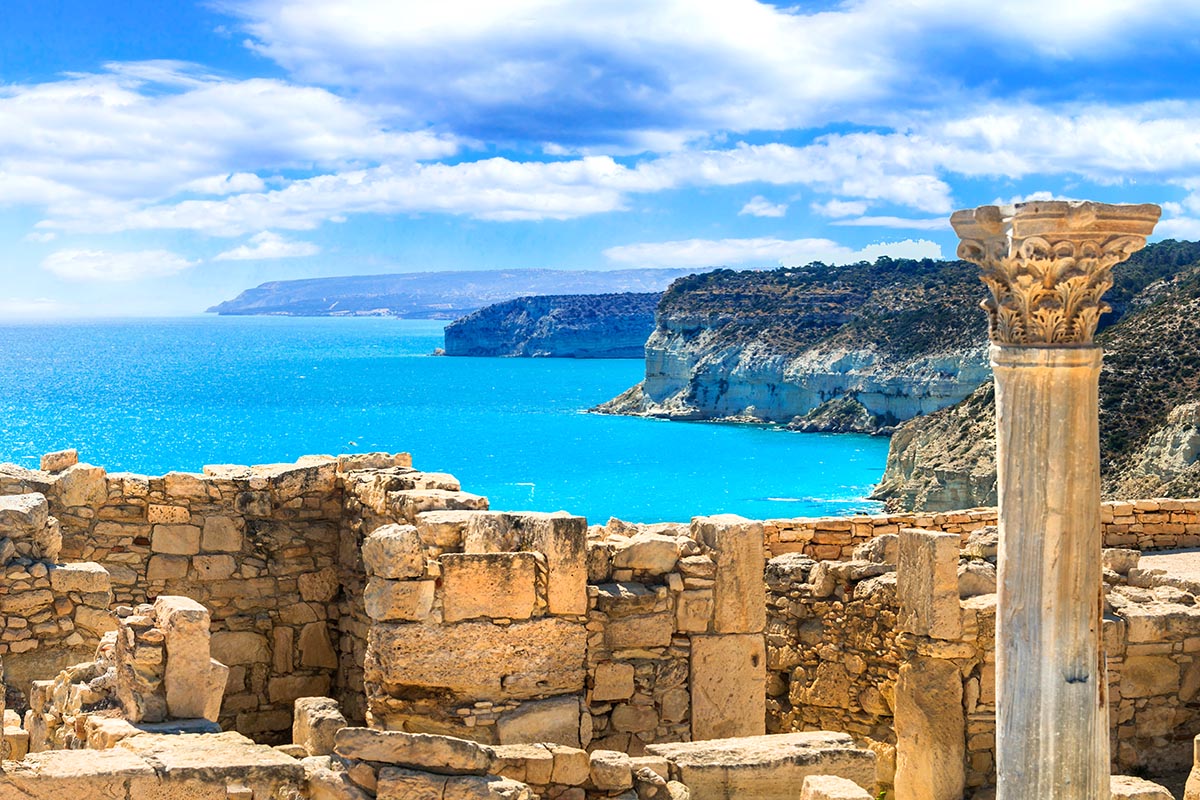"Youth programme teaches peace principles"
October 9th, 2014 Dennis Ekwere, 34, of Kaduna, Nigeria, is a ‘Youth Practitioner’ who is making a difference by role modelling and teaching social change aimed at peace. Here, he describes how his organisation works within the community.
Dennis Ekwere, 34, of Kaduna, Nigeria, is a ‘Youth Practitioner’ who is making a difference by role modelling and teaching social change aimed at peace. Here, he describes how his organisation works within the community.
Children and Young People Living for Peace (CYPLP) is a youth-driven organization working in areas of disadvantaged and vulnerable young people – those living with disabilities in Nigeria. They work to enable young people to become active citizens, tackle the root causes of violence and build community cohesion.
CYPLP has chosen to target the poorest parts of society, believing them to be the most vulnerable. We train primary school teachers in peace and conflict resolution, and work through schools and orphanage homes.
During the conflict in Kaduna following the 2011 presidential election, CYPLP worked at both Christian and Muslim camps for displaced people. We used social media to solicit assistance and support from the public for membership and donations.
We carry out surveys on children and young people and their involvement in social vices like pornography and drugs. Presently we are working on a survey to determine young people’s awareness about the Ebola outbreak in Nigeria.
 On International Peace Day on the 21st September each year, we organise football matches between conflicting communities to use the match as a unifying factor. The football matches for youth teams, drawn from vulnerable conflict zones, use the match as a unifying bridge.
On International Peace Day on the 21st September each year, we organise football matches between conflicting communities to use the match as a unifying factor. The football matches for youth teams, drawn from vulnerable conflict zones, use the match as a unifying bridge.
This year we added a Peace Day event tagged “Basket of Peace”; a basketball competition between children’s team and girls. The competition named each player as an ingredient for a basket for peace. This included love, kindness, patience, tolerance, understanding, oneness and so on. As they played, the called out and addressed themselves as such. This was to build up consciousness in them on what makes up peace to be in their communities and how to be what they were called.
Further plans are to organise a dinner for selected young religion leaders, with the theme “Dine for Peace”.
Photos courtesy of CYPLP
…………………………………………………………………………………………………………………
About me: I am the founder of Children and Young People Living for Peace aka CYPLP; a youth-led voluntary, not for profit, non-partisan organisation in Nigeria. My passion is to create new engaging platforms of young people, by young people, and for young people. My aspiration is that in the next 20 years, CYPLP would have been established in many parts of the world as chapters fronting youth developmental programs.
…………………………………………………………………………………………………………………
Opinions expressed in this article are those of the author and do not necessarily represent the views of the Commonwealth Youth Programme. Articles are published in a spirit of dialogue, respect and understanding. If you disagree, why not submit a response?
To learn more about becoming a Commonwealth Correspondent please visit: http://www.yourcommonwealth.org/submit-articles/commonwealthcorrespondents/
…………………………………………………………………………………………………………………




